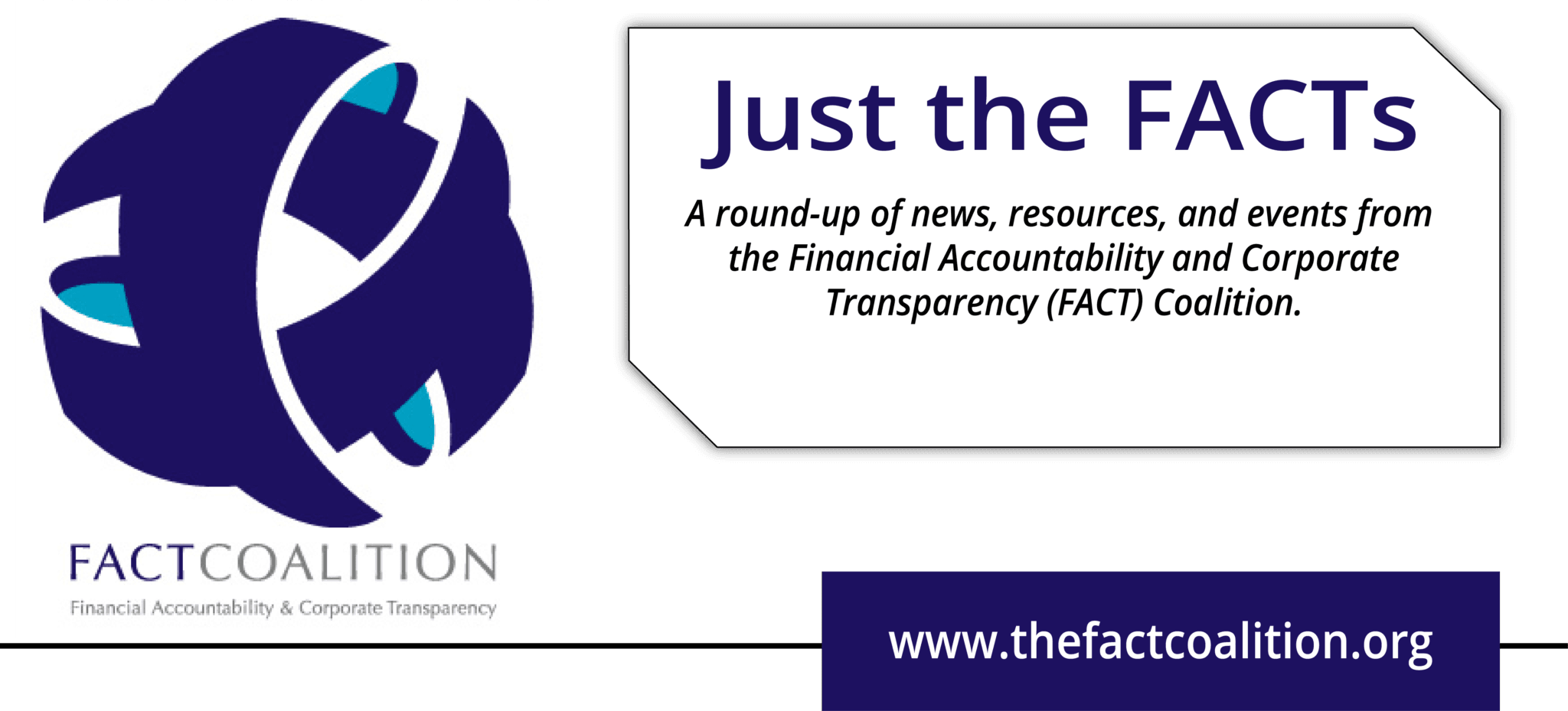Early this month, FACT released a new briefing memo on a little-known, yet important, provision of the 2017 tax reform package called the Foreign-Derived Intangible Income (FDII) deduction. Though originally conceived as an incentive to bring investment and intellectual property back to the United States, in practice the FDII deduction does exactly the opposite – actively incentivizing companies to offshore U.S. factories, equipment, and jobs, all while costing taxpayers tens of billions annually. While major corporations are fighting to preserve and expand this costly, inefficient provision, Congress must instead use the upcoming expiration of large parts of the 2017 tax law to repeal FDII and make other critical changes to the way the U.S. taxes U.S. multinational corporations.
Though more than 170 Fortune 1000 companies reported receiving a combined $53 billion in tax benefits from FDII between 2018 to 2022, just 20 large corporations – predominantly composed of big tech firms – collected more than 75% of that total. Because of FDII’s flawed design, this enormous tax break does not actually represent increased innovation or spending on research and development, but instead simply above-average, windfall profits from sales to foreign markets.
The same firms that benefit most from FDII are fighting hard to expand the provision. Under current law, the ten-year cost of FDII could already reach as much as $224 billion over the next decade, while expanding the measure would prove even more costly.
The FACT-endorsed No Tax Breaks for Outsourcing Act, meanwhile, would both repeal the FDII deduction and eliminate other offshoring incentives introduced by the 2017 tax reform package, raising hundreds of billions over the coming decade.
Supreme Court Issues Landmark Ruling with Widespread Implications for Tax Code
On June 20, the Supreme Court in a 7-2 decision upheld a one-time mandatory repatriation tax on the earnings of foreign corporations, averting what experts have broadly characterized as a potentially massive upheaval of the U.S. tax code.
While the case in question – Moore v. United States – dealt with only a single, relatively obscure tax levied as a part of the 2017 Tax Cuts and Jobs Act (TCJA), the Moores argued for an extremely narrow definition of what types of income are taxable by the federal government under the Sixteenth Amendment. Had the court concurred with this narrow definition, it could have invalidated decades-old provisions that inform how pass-through entities are taxed, among numerous other implications for the tax code. In particular, such a ruling could have potentially invalidated both Subpart F and the Global Intangible Low-Taxed Income (GILTI) regime, which together govern the taxation of U.S. multinationals’ foreign earnings, exposing the U.S. to massive new base erosion and profit shifting risks.
In response to the decision, Chye-Ching Huang, Executive Director of the Tax Law Center at NYU Law noted that “the Supreme Court heeded the warnings of a broad and bipartisan set of tax experts and roundly rejected the Moores’ radical theory that threatened to upend central pillars of the tax system.”
Global Anti-Corruption Champions Gather in Lithuania for International Anti-Corruption Conference
FACT Executive Director Ian Gary represented the Coalition at the International Anti-Corruption Conference (IACC) in Lithuania during a workshop titled “Greed and Corruption: A Disease Accelerating the Global Environmental Catastrophe.” Gary’s session explored the nexus between transnational corruption, environmental crimes, and other forms of serious organized crime.
As a premiere destination for proceeds of environmental crimes committed in Latin America and around the globe, the U.S. has a critical role to play in addressing this issue. FACT is working with its members and allies to change U.S. policies and practices to better address illicit financial flows, including specific initiatives targeting the proceeds of nature crimes like illegal logging and mining.
FACT member organizations and allies also held a number of workshops on diverse topics in anti-corruption. On June 21, Transparency International U.S. hosted a workshop on new multilateral and country-level efforts to crack down on foreign bribery, both on the so-called “supply side” and the less often enforced “demand side.” Transparency International U.S. was a leading proponent of the recently enacted Foreign Extortion Prevention Act (FEPA), which for the first time criminalized the demand side of foreign bribery, authorizing the Department of Justice to pursue cases against foreign officials that request or receive bribes from U.S. companies or individuals.
Earlier in the week, the FACT-member Anti-Corruption Data Collective (ACDC) led a workshop titled “New Frontiers in Using Leaked Data for Anti-Corruption Research,” which featured inputs from journalists, whistleblower protection experts, and other civil society actors. Leaked data, such as the information that comprised the Pandora Papers, Cyprus Confidential, and Panama Papers, has led to transformational changes in the public’s perception of financial crime and international corruption. ACDC’s workshop examined both leaked data’s potential, as well as associated challenges and ethical questions in the use of such data in anti-corruption research.






